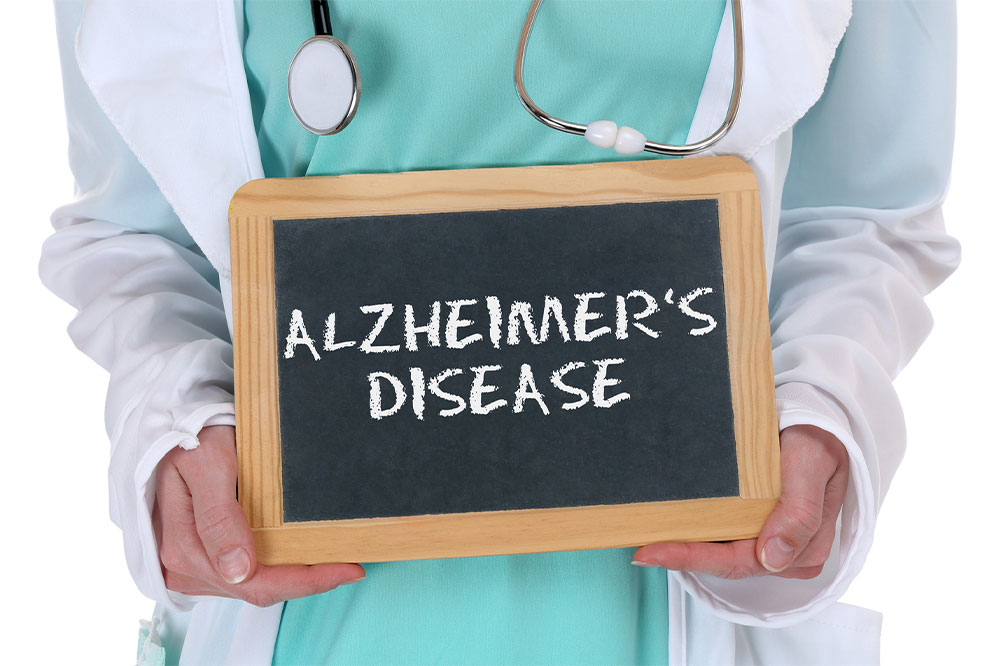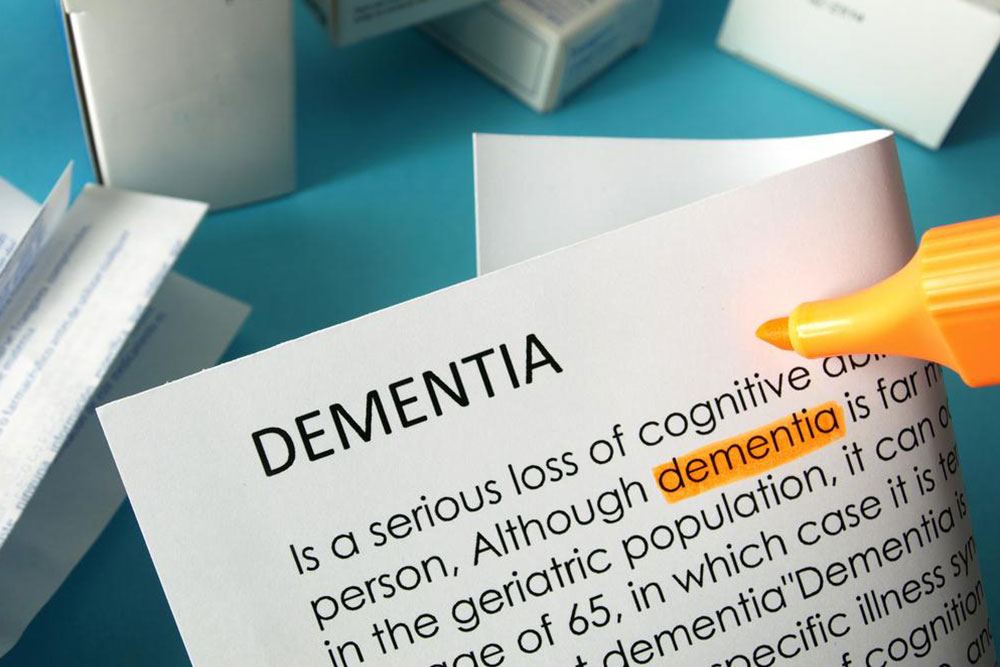Early Indicators of Alzheimer’s Disease to Watch For
This article highlights key warning signs of Alzheimer’s disease, including severe memory loss, disorientation, communication difficulties, and behavioral changes. Recognizing these symptoms early can facilitate timely diagnosis and treatment, greatly enhancing patients' quality of life. It emphasizes the importance of distinguishing Alzheimer’s from normal aging and encourages prompt medical advice for suspected cases.
Sponsored

Recognizing the Top Signs of Alzheimer’s Disease
As we age, minor lapses in memory and cognitive functions are common. However, when these issues become persistent and disrupt daily routines, they might signal Alzheimer’s disease. While aging-related forgetfulness can resemble early signs of this condition, certain symptoms distinctly point to Alzheimer’s. Recognizing these warning signs can lead to earlier diagnosis and better management.
Significant memory impairment
Forgetfulness of recent events, names, or important dates, especially if it’s frequent and hampers daily tasks, may indicate Alzheimer’s.
Repetition and confusion with people and events
Forgetting familiar faces or repeating questions often suggests underlying issues.
Difficulty with routine activities
Struggling with simple tasks like cooking, managing bills, or using household appliances may be warning signs.
Problems with common activities like adjusting the TV remote, dressing, or navigating familiar places should not be ignored. Such challenges could signal advanced memory loss related to Alzheimer’s. Consulting a healthcare professional promptly is advised.
Disorientation to time and place
Forgetting the current date, season, or location frequently points to significant cognitive decline rather than normal aging.
Communication difficulties
Trouble finding words, speaking incoherently, or losing track of conversations are typical in Alzheimer’s patients, impacting their ability to communicate effectively.
Social withdrawal
Reduced interaction with friends and family, along with loss of interest in beloved activities, are common indicators of the disease.
Sudden mood swings and behavioral changes
When routines are disrupted, individuals may become irritable, suspicious, or fearful, which can escalate to anxiety or depression in advanced stages.
Visual perception problems
Unlike normal age-related eyesight issues, Alzheimer’s can impair ability to judge distances, recognize colors, and read, increasing fall risk and causing misjudgment of surroundings.
Misplacing items frequently
Repeatedly losing and being unable to find objects, coupled with suspicion or accusations towards others, are signs of severe memory issues.
Because some age-related traits overlap with Alzheimer’s symptoms, early medical consultation is vital. Although there is no cure, early diagnosis enables better support and management to improve quality of life.






